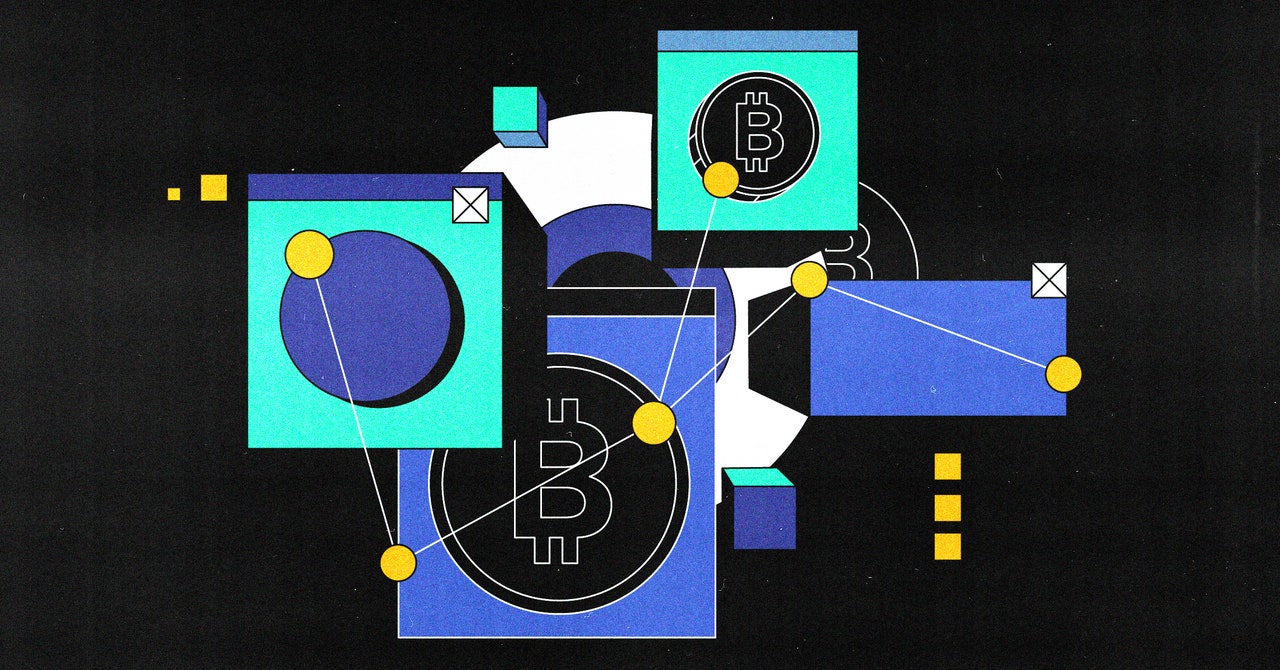With the ghost of the impending Russian invasion of Ukraine this week, United States government cybersecurity and intelligence officials were on high alert for a possible or likely increase in Kremlin-backed cyberattacks. As tensions mount, Ukrainians are flooding TikTok with scenes from the front lines of the crisis — documenting the sinister forces gathering in their daily lives in near-real time.
Bowing to the pressure, Twitter has increasingly blocked the accounts of adult content creators in Germany, part of the country’s legal provisions designed to reduce the amount of pornography available online without an age verification process. And the powerful Firefox web browser is losing popularity, while Google Chrome continues to dominate market share.
If you’re looking for a quick holiday weekend project to instantly boost your devices’ security and privacy protections, we’ve got tips on how to set up lock screens on all major operating systems.
And there’s more. Here, we’ve rounded up all the news we haven’t broken or covered in depth this week. Click on the headlines to read the full stories. And stay safe out there.
Hackers linked to Russia’s GRU military intelligence agency launched distributed denial-of-service attacks against Ukrainian banks and the country’s Defense Department earlier this week, the Biden administration said Friday. White House Deputy National Security Adviser for Cyberspace and Emerging Technologies Ann Neuberger said US intelligence had digital forensic evidence to support the attribution. UK officials confirmed the connection to the GRU on Friday. Neuberger noted that such specific attribution within days “is very unusual.” She added: “We did this because of the need to call out behavior quickly as part of holding nations accountable when they engage in disruptive or destabilizing cyber activity.”
Days after the personal data of 92,000 donors to Canada’s Freedom Convoy 2022 was published, hackers released more than 5GB of data containing the entire donation history of Christian funding platform GiveSendGo. The hoard also includes source code for the platform’s website, personal details of each donor, images of proof of identity documents submitted by the leaders of the crowdfunding campaign, and some limited credit card details. The initial Freedom Convoy leak and the larger data set were published by the Wikileaks-style transparency group Distributed Denial of Secrets.
Deputy Attorney General Lisa Monaco told the Munich Cybersecurity Conference on Thursday that former prosecutor and senior adviser to the deputy attorney general, Eun Young Choi, will serve as the first director of the DOJ’s National Cryptocurrency Enforcement Team, a group billed as first time in October. Monaco also debuted the FBI’s Virtual Asset Exploitation Unit, which will bring together cryptocurrency experts to conduct blockchain analysis, virtual asset seizures and training within the FBI.
Motherboard dive deep into Roblox’s “enlighteners” who steal in-game items and then sell them on special markets that are also down. It is likely that the transactions, which number in the tens of thousands, include some hacked elements. But the majority of digital goods in the ecosystem are stolen by Roblox players, many of whom are underage. In the US, half of all children play Roblox. “There’s a whole community where people are broadcasting, stealing caps and selling them for USD or cryptocurrency,” a player told Motherboard.
More great stories on WIRED




